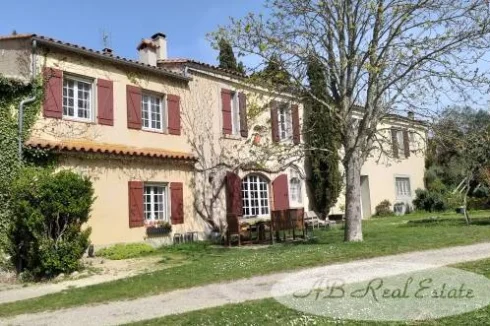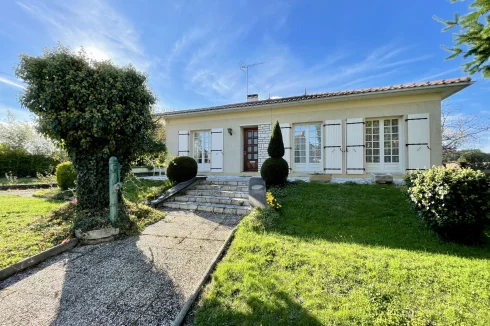French Bank Charges on Inheritance
Friday 04 December 2020
Bank charges in connection with an inheritance vary enormously, and delays in accessing an account can be substantial.
Over the past few years, the French government have turned the screw on bank charges.
A more uniform lexicon has been enforced on the banks, who must now provide their customers with a regular summary of charges on their account, and charges on overdrawn accounts are capped for those in financial difficulty.
Nevertheless, not all charges are regulated, and one notable exception are those incurred as part of the inheritance process, for the closing of accounts and making funds available to inheritors.
A recent survey by comparison site Meilleurebanque found substantial variations in the charges between banks, including in some cases charges that were proportionate to the amount of funds in the account(s) being closed.
The highest fees this year, as in 2019, were from Allianz Banque and AXA Banque each charging €450 for an estate of €15,000 settled in 2 months.
Nor is it good to die as a customer of Crédit Mutuel du Sud-Ouest, which applies a charge €410, Crédit Agricole du Languedoc (€370), Banque Populaire Val de France (€345), Crédit Agricole Centre Ouest (€320). The Caisse d'Epargne d'Ile-de-France apply a charge of €300.
On-line banks appear to be no better, for the charge was €300 with Boursorama, ING, Fortuneo and Orange Bank and €240 at Hello Bank, although only €150 at BforBank.
Nevertheless, it is not all bad news, some retail banks charge less than €100. Among these are several Crédit Agricole banks, such as Crédit Agricole Nord Est (€75), Crédit Agricole Val de France (€90) and Crédit Agricole Touraine Poitou (€95).
In addition, some banks have dropped the charges significantly, notably Crédit du Nord, who have reduced their charge by 24% to €224.50 compared with €294 in 2019. Within the Caisses d'Epargne, fees have also reduced between 19% to 29%, depending on the region.
Given that the process of closure is the same for all bank accounts, it may be considered surprising to see such a variation of practice.
In many cases, inheritors do not always realise the charges being imposed, as they are frequently paid via the notaire dealing with the succession, who receives the funds in the account(s). As for notaires charges on a succession, well there lies another tale.
As we have previously reported in these pages, the banks are also often very slow to act on requests from a notaire for details of accounts held by a deceased, which then holds up release of the funds. Accounts are frequently blocked until released by the notaire, which may take many months.
Thank you for showing an interest in our News section.
Our News section is no longer being published although our catalogue of articles remains in place.
If you found our News useful, please have a look at France Insider, our subscription based News service with in-depth analysis, or our authoritative Guides to France.
If you require advice and assistance with the purchase of French property and moving to France, then take a look at the France Insider Property Clinic.





